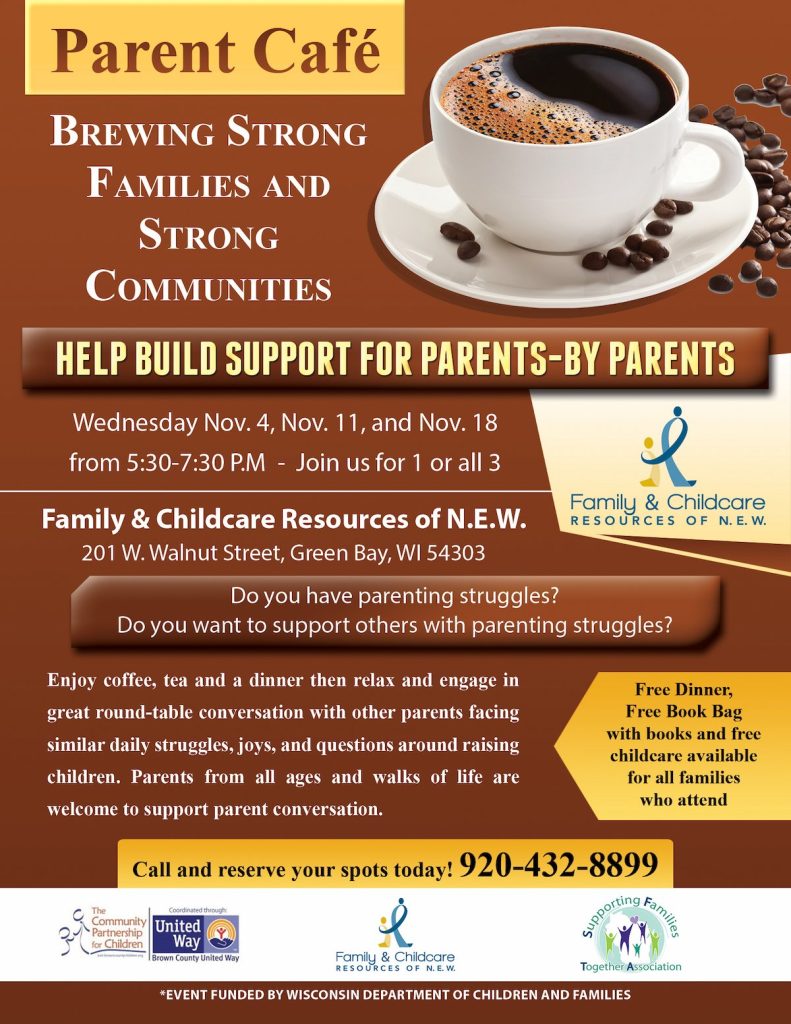Tips Not Tricks For Halloween
A few tips and reminders especially for those treating with little ones.
- Make Halloween a little healthier with non-candy treats like glow sticks, books, stickers or bracelets. You will also be making it easier for children with allergies to participate in the fun.
- Make sure your trick or treaters costumes fit nicely. Toddlers and preschoolers can trip in everyday clothes so make sure their costume isn’t oversized or include high heeled shoes. Trick or treating means lots of walking.
- Make sure children are easily visible. Wear light colored and reflective clothing so drivers can easily see your little goblins and ghouls. Glow sticks and flashlights should be carried after dark.
- Make sure children can see in their costume too. Masks and wigs can block their vision making their cute costume unsafe.
- Fill up on good healthy meal before you go out trick or treating. Overeating treats is even more tempting on an empty stomach.
- Go over pedestrian safety rules before you go out. Even on exciting treat-filled nights it is important to follow safety rules like being careful in driveways and while crossing streets.
- Only go up to houses with lights on and never go inside
- Throw away unwrapped candy

